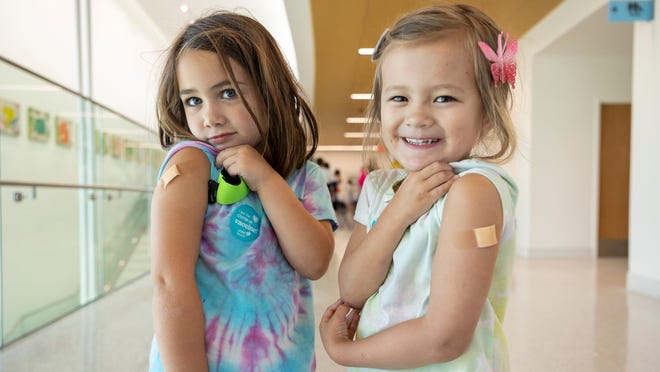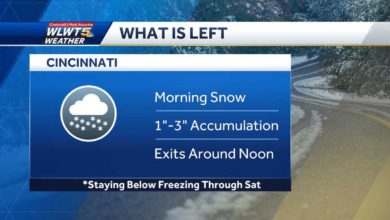
As the U.S. faces another surge in COVID-19 cases, Americans on most insurance plans can get up to eight rapid tests per month at no cost to help detect infection and prevent further spread.
Insurance companies have been required to cover the tests authorized by the FDA since January, when the Biden administration put the federal requirement for private health insurers into effect.
Not everyone can get free COVID tests; millions of military families covered by the Defense health program Tricare can't get them covered without an order from a health care provider for now, but Medicare members began taking advantage of the rule in April.
Here's what to know:
COVID-19 CASES ON THE RISE:What to know about the current state of the pandemic
Who can get free COVID tests?
Each person covered as part of a qualifying insurance program is entitled to up to eight free at-home tests over-the-counter every 30 days. That means a family of four could get up to 32 tests. Plans are required to cover $12 per individual test, or $24 for a box of two.
How can you get them?
Some insurance plans will cover tests sold at in-network pharmacies at the point of sale, meaning members won't pay out-of-pocket: They can simply ask their pharmacist for eight tests through their prescription benefits and provide their insurance information.
Other plans will reimburse the cost of the tests. Members can purchase them in stores or online and submit receipts through the mail or online.
Check with your insurance company to find out how it covers tests.
OPINION:I got COVID (again). I'm staying home (again). Why are so few following the rules?
Why should you use at-home tests?
Anyone who has COVID symptoms, who may have been exposed or who intends to go to an indoor gathering, can use them as a quick diagnostic tool, according to the CDC. Many also use them for routine testing if they have frequent contact with others, such as at school or work.
At-home testing remains an important tool in the ceaseless pandemic. The seven-day average of new daily cases in the U.S. was 124,048 as of Wednesday, up 16% from the previous seven days, according to the CDC. Worldwide cases are also on the rise, up for the fifth straight week due to the highly transmissible BA.5 variant, the World Health Organization reported Thursday.
Source link










